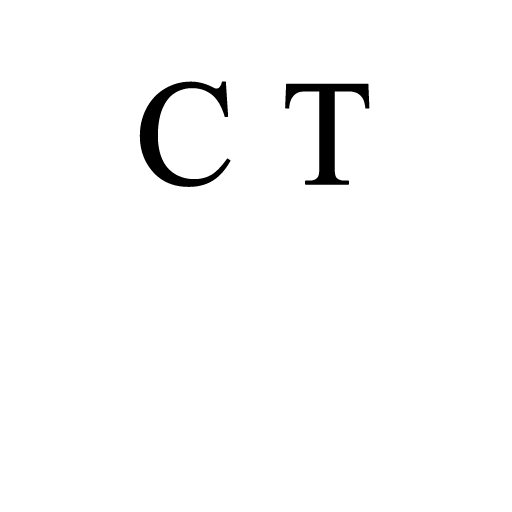It is entirely true that coffee growers in poor places don’t receive very much from the sale of a cup of java in a coffee shop. But then that’s true of pretty much anyone who grows something. The wheat farmer’s getting some pittance of a part of the value of a Big Mac, the barley farmer sees near nothing of a pint of foaming in the pub. There’s nothing odd nor unusual in the people adding the value to the raw product gaining the value that’s being added after all. Indeed, we’d prefer an economic system which generated this outcome to any other, for it means we have more people trying to add that value.
It’s also true that if more of the value were added in the producing region or country then more of the added value would stay there. So, if Ethiopia exported roasted beans, instead of green ones, then more money would remain in Ethiopia, that’s obvious enough. So, why doesn’t it happen?
I, along with many others, used to think it was about import tariffs. Green beans entered, say, Europe tariff free, processed coffees did not. That’s not actually true:
[perfectpullquote align=”full” bordertop=”false” cite=”” link=”” color=”” class=”” size=””] Calestous Juma claims that the EU harms African coffee roasters by allowing in imports of “non-decaffeinated green coffee” duty-free while charging a 7.5 per cent tariff on roasted coffee. This is incorrect. The EU does charge a 7.5 per cent tariff on imports of roasted coffee from countries to which it does not offer preferential terms. But under its Everything But Arms (EBA) initiative for least-developed countries, almost all African coffee-producing countries can export roasted coffee to the EU tariff-free. Under the Generalised System of Preferences (GSP) for other poor countries, the EU tariff on roasted coffee from Nigeria and the Republic of Congo is a reduced rate of 2.6 per cent. Far from discriminating against African coffee roasters, the EU gives them privileged access to its market. [/perfectpullquote]Chalk one up to me learning something while researching this piece. However, there is still a simple answer to these coffee growers’ woes in Ethiopia.
[perfectpullquote align=”full” bordertop=”false” cite=”” link=”” color=”” class=”” size=””] In the verdant southern highlands of Ethiopia, coffee farmer Gafeto Gardo is thinking about calling time on an industry that has sustained families for generations. Over the past year, the amount Gafeto gets for a kilogram of coffee beans has fallen a third to 8 birr, or just 29 cents, reducing his income from a cappuccino sold in the West for $3 to $4 to under a cent. [/perfectpullquote]Hmm.
[perfectpullquote align=”full” bordertop=”false” cite=”” link=”” color=”” class=”” size=””]($1 = 28.0719 birr)[/perfectpullquote]Aaaah. As we discussed only two days ago:
[perfectpullquote align=”full” bordertop=”false” cite=”” link=”” color=”” class=”” size=””]While US dollar note is equivalent to about 28 Birr using official intermediaries; in the black market, it is exchanged up to 38 Birr, depending on the quantity of the bank notes.[/perfectpullquote]Note that Mr. Gafeto’s business works in birr. His labor costs, land rentals, fertiliser, he pays for them all in that local currency. He sends his profits on his own lifestyle in birr as well. The global price for green coffee beans is fixed globally in US dollars. And, as we can see there, the birr is about 30% overvalued against the US dollar – that black market price is the true one, the official is what the state is trying to skim off the top.
So, our solution, Ethiopia abandons attempts to manage the exchange rate and entirely and wholly legalises that currently black market. The birr will fall in value against the US dollar to the real market rate and Mr. Gafeto will be gaining more birr per pound of coffee bean he ships. By, actually, 30% or so, neatly making up for the decline in that dollar price.
Note that we’ve not got to actively do anything to make Mr. Gafeto better off. We’ve just got to stop the local government in Ethiopia making him poorer by screwing up the exchange rate. Yup, as is so often true, making people richer does mean stopping government from doing the stupid things it already does.




An interesting thought follows: the EU tries to swing its weight about in Africa with subsidies to stop migration, often incident on dictators, which is why MSF refused their coin.
But what if the EU ( or a UK with an independent trade policy ) were to say no to trade with countries with exchange controls, tariff and quota free trade with those who do. I doubt Cecilia Malmstrom has considered it. What a form of colonialism that would be.